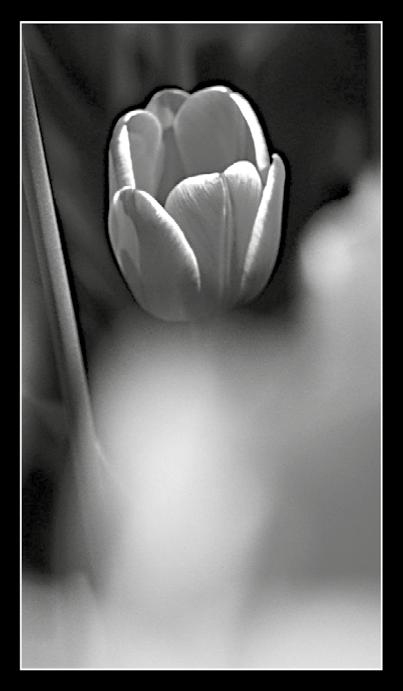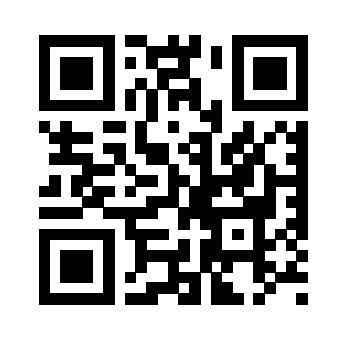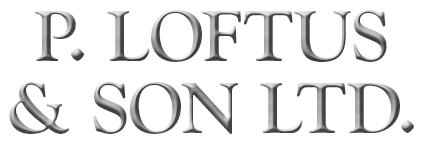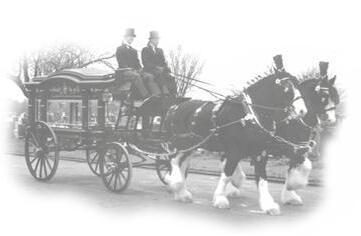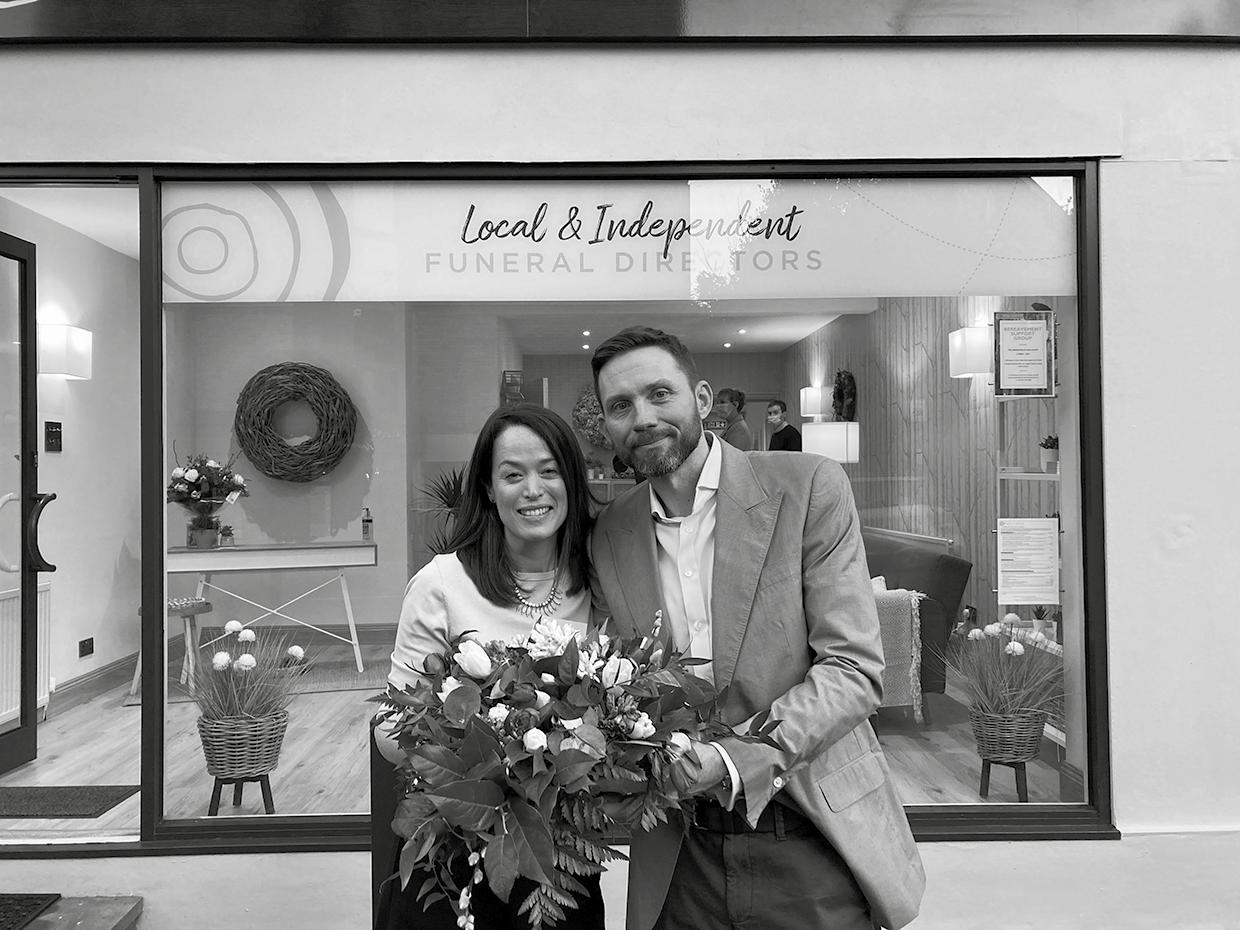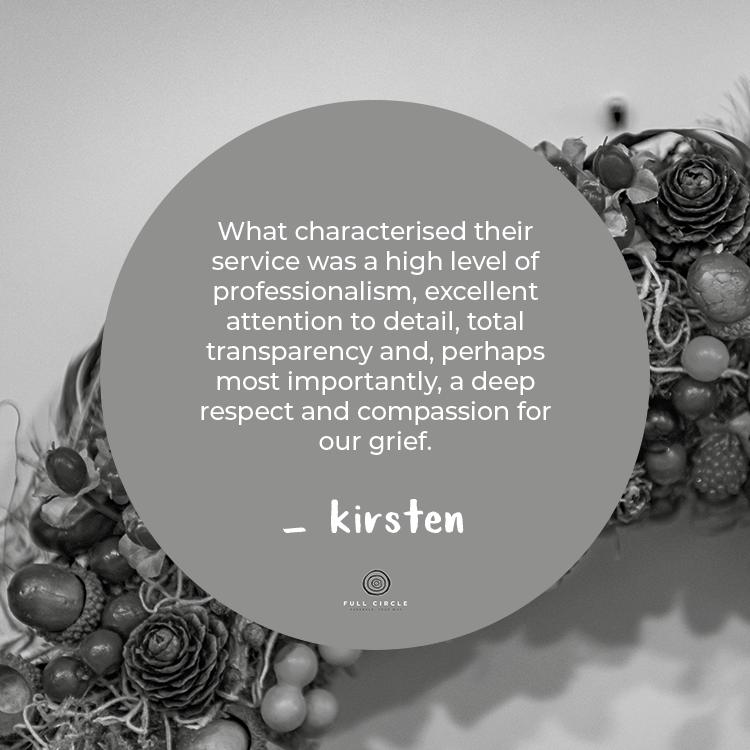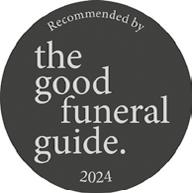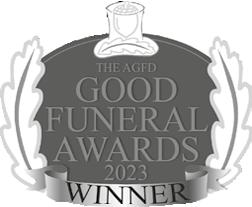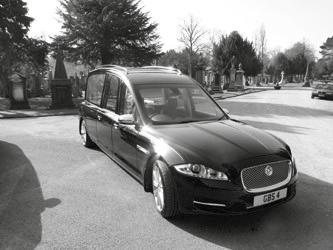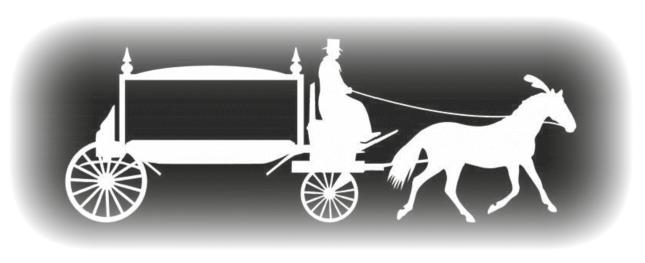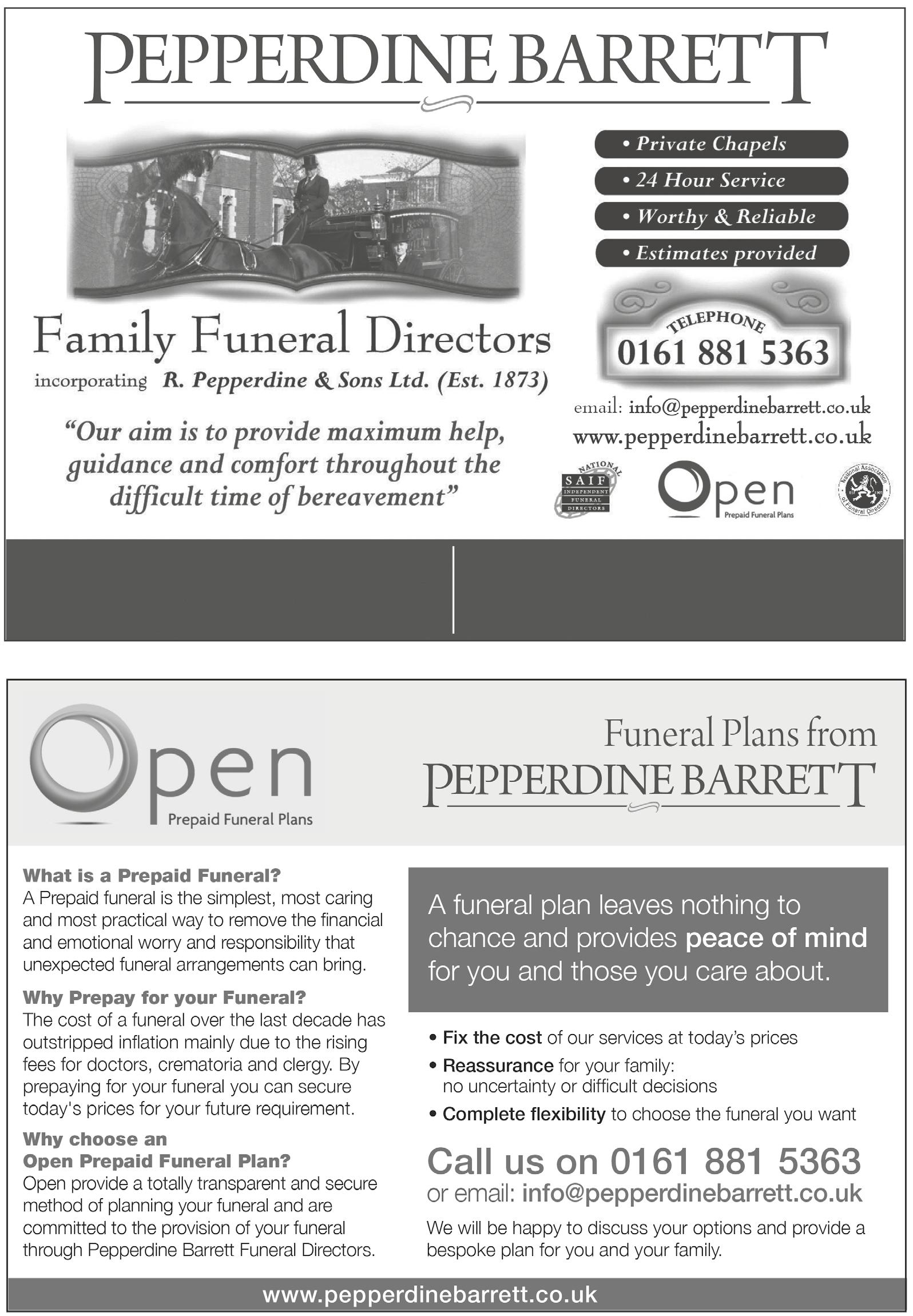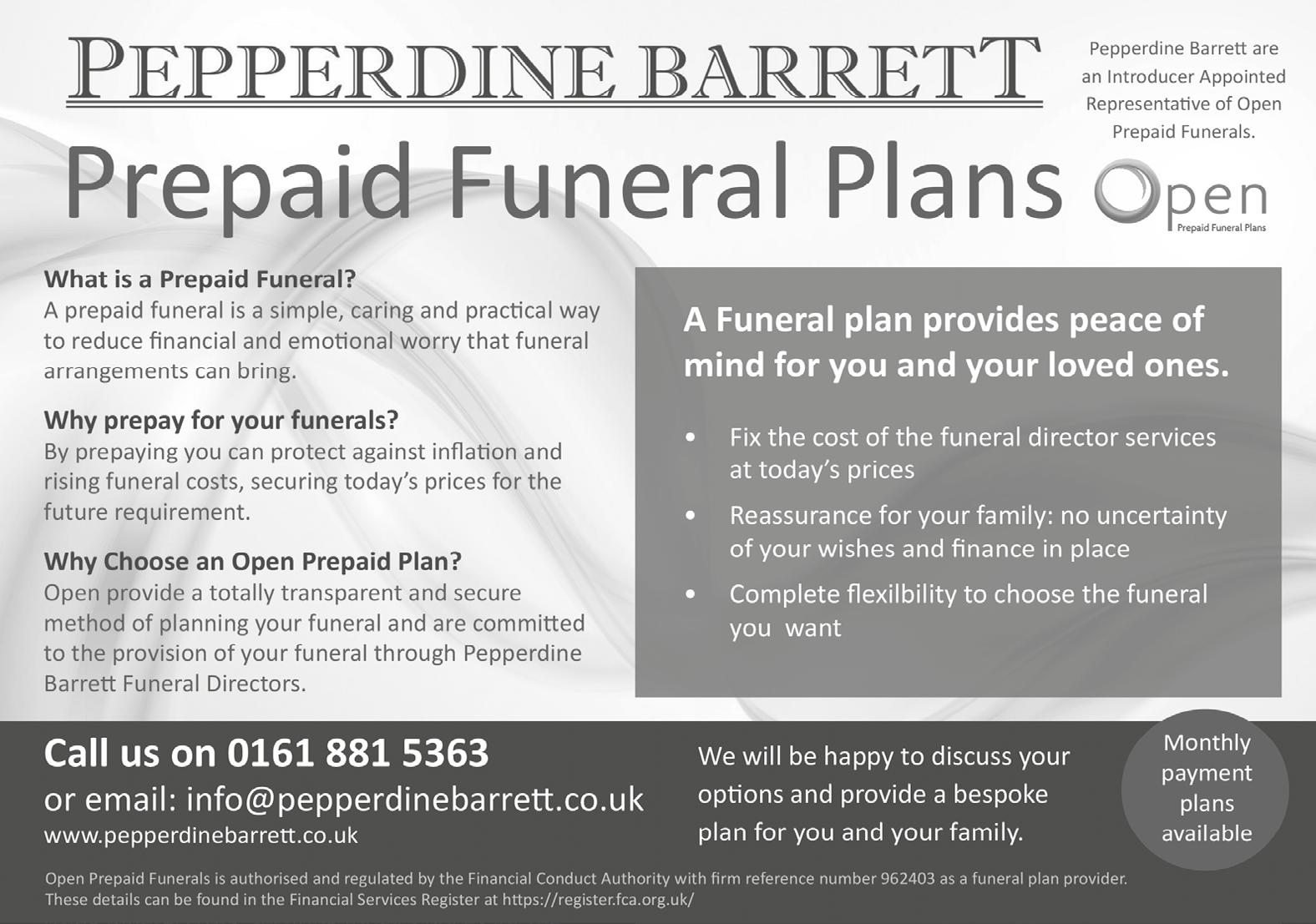Wythenshawe Hospital
What to do after someone has died
We want to offer you and your family our deepest sympathies.
We want to offer you and your family our deepest sympathies.
We know that this can be a very hard time but we hope that we can give you a little help and comfort.
We know that this can be a very hard time but we hope that we can give you a little help and comfort.
This booklet includes some help and advice about what to do now. An accessible version of this guide is also available, or you can call us if you want to talk through the next steps.
This booklet includes some help and advice about what to do now. An accessible version of this guide is also available, or you can call us if you want to talk through the next steps.
The Bereavement Services team works at Wythenshawe Hospital. You can contact the team on 0161 291 2360.
The Bereavement Services team works at Wythenshawe Hospital. You can contact the team on 0161 291 2360.
Our phone lines are open between 8:30am and 4:30pm, Monday to Friday, with an answerphone outside of these times.
Our phone lines are open between 8:30am and 4:30pm, Monday to Friday, with an answerphone outside of these times.
Or email us anytime: bereavement.office@mft.nhs.uk
Or email us anytime: bereavement.office@mft.nhs.uk
Bereavement Services
Bereavement Services
Wythenshawe Hospital
Southmoor Road
Wythenshawe Hospital Southmoor Road
Wythenshawe M23 9LT
Wythenshawe M23 9LT
What do I do next?
On the next working day after someone has died: Ring the Bereavement Services team after 11am on 0161 291 2360.
If we don’t answer, we may be on a call or helping another family. Please leave us a message and we will call you back. One of our bereavement officers will discuss with you what happens next. They will try to answer any questions you might have.
Personal belongings and valuables
If you are in the hospital when your relative or friend dies, the nursing staff will return all belongings to you before you leave.
If you are not in the hospital when your friend or relative dies, contact the ward to set up a time to collect their belongings.
Personal possessions stay on the ward for up to a month. After that time, the Trust will get rid of anything that has not been collected.
Any cash or valuables are taken to Cashiers. You can collect them from the Cashiers Office, in the yellow zone Entrance 5. Your funeral director can give you any jewellery your loved one is still wearing, after they are released from the hospital.
The Medical Certificate of Cause of Death
Most of the time, a hospital doctor who has been treating a person who has died will refer to the Medical Examiner. The doctor will then issue a certificate. This is called the Medical Certificate of Cause of Death (MCCD). This must be sent to the register office in order for you to register the death. The medical examiner team will send the MCCD to the register office, so we ask you not to come to the hospital.
We know how important it is to begin making funeral and other arrangements. We will do our best to arrange completion of the MCCD as soon as possible. If there is a delay for any reason we will discuss this with you.
When you call us, we will ask you for some contact details so we can keep you updated.
You may want to contact your funeral director at this point. But they may not be able to confirm arrangements until you have registered the death.
Registering the death
When the Register Office gets the MCCD, they will check to make sure there are no mistakes or missing details. If everything is okay, the next of kin will get an email. This email will have a link for you to book an appointment to register the death.
If the next of kin (or someone helping them) does not have an email, you must give a phone number. The Register Office will call the next of kin to book the appointment over the phone. Who can register the death?
The law allows only certain people to register a death:
A relative of the person who has died
A person present at the time of death
A member of staff from the hospital
The person making arrangements with the funeral director/ executor of a Will
If you do not fall into any of the categories, please contact our team to discuss further.
What information will I need when registering a death?
The registrar will need to know the following things. You can write them here and take this booklet with you:
■ The date and place of death
The date and place of birth
Full name of the deceased
Their occupation
Their usual address
Name, date of birth and occupation of married or civil partner
You will need to take some identification for you and for the person whose death you are registering. Acceptable forms of identification include:
■
■
■
■ Passport
Driving licence
Birth certificate
Marriage/civil partnership certificate
What will I get after I have registered a death?
■ A copy of the death certificate. It costs £12.50 for each copy. If you are managing someone’s estate, you might want to buy a few copies.
A certificate for burial or cremation. This is commonly known as the ‘green form’. This form is free and should be given to your funeral director.
A ‘Tell Us Once’ reference, to report the death to government and council departments.
Arranging a funeral
Many people use a funeral director to help them arrange a funeral. There are lots of funeral directors offering a wide range of services. Some relatives decide to make the funeral arrangements themselves.
If you decide to use a funeral director you can contact them at any time to begin making plans. Please note that they will not be able to confirm plans until you have registered the death. Your funeral director will arrange to collect your loved one from the hospital. The funeral director will arrange this with the hospital. You do not need to do anything. Until then, they will be cared for in one of our facilities in Manchester University NHS Foundation Trust.
Many people have not thought about funeral choices until they come to plan a funeral. A good funeral director will help you to understand your options to arrange a funeral to reflect the person who has died.
There are lots of funeral traditions. Some you may want to keep. Or if you want to do something different you can. There are very few set rules.
Before you meet a funeral director it might be helpful to consider a few questions:
■ What do you and others remember about the person who has died?
Did they express any funeral wishes before they died?
How do you think the person who has died would like to be remembered?
How would you like to remember the funeral service?
Are there any specific interests that could be part of the funeral.
Any themes which would have meaning for you and the person who has died?
Funerals can be expensive, and the final cost can vary a lot. Do not be afraid to mention your budget or get estimates from several funeral directors. The person who arranges the funeral is usually responsible for making sure it is paid for. This can also come from the estate of the person who has died or a funeral plan they may have bought.
Visiting your loved one
It may not always be possible to visit the person who has died in the hospital visiting suite. Please contact the Adult Mortuary to find out if it is possible to visit your loved one.
Visits are available by appointment only for immediate next of kin. Mortuary staff ask that other family and friends visit at your chosen funeral director instead.
Visiting a loved one at hospital after they have died means seeing them before they have been prepared for visits by a funeral director. The mortuary staff will prepare your loved one with the utmost respect and dignity.
There may be occasions where visiting your loved one is not possible. The mortuary staff or funeral director will discuss this with you.
Appointments are for 30 minutes. Please allow enough time to park before your appointment. During normal working hours, make an appointment by calling the Adult Mortuary on 0161 291 2541.
The Adult Mortuary provides an on-call service for all out-ofhours mortuary enquires. It may be possible to visit outside of the routine opening hours of the Mortuary.
Please be aware that staff are not on site outside routine hours and will need advance notice. These requests should be made through the hospital switchboard and cannot always be accommodated.
Call 0161 998 7070 and ask to speak to the on-call Adult Mortuary staff member.
Restricting visitors
We understand that you may not want anyone other than close family to visit. You may even prefer if no one at all visited your loved one at the mortuary. You may choose to have a password that you can give to other relatives. This will allow them to make an appointment to visit or make sure that you alone can make appointments.
Please contact the mortuary on 0161 291 2541 to tell mortuary staff of this. They will make a note of this request and ensure all staff are aware.
Who do I need to tell?
Using the government’s ‘Tell Us Once’ service (see page 5) will automatically inform the Department for Work and Pensions, HM Revenue and Customs, HM Passport Office, social services (including home help, etc), library services, housing office, council tax office, and the DVLA. The Bereavement Team will inform the GP.
Here are some others that may need to know:
Priest, vicar, minister or faith leader
Bank, building society, credit card companies
Place of work
Executors and beneficiaries of a Will
Solicitor or insurance companies
Residential or nursing home
Landlord
Utility companies (inc. mobile phone provider)
Social media outlets ie. Facebook, Twitter, etc.
Reviewing the care of patients who have died in our hospital
You can ask questions or discuss worries about the care your loved one received before they died.
We are committed to providing high quality care for all our patients and families. If you feel this was not the case, you can share any worries you have with the Medical Examiner team.
If you do not speak to the Bereavement Services team or if you think of something later, you can contact the Hospital Patient, Advice and Liaison Service (PALS), who will identify the best person to hear and act on your feedback. All concerns will be listened to carefully. If needed, there may be a more thorough investigation of the care that was provided. You will be kept informed of any investigations that take place.
We would also like to hear any positive feedback you may have about the care of your loved one.
Manchester University NHS Foundation Trust may contact you via email in the coming weeks to give you an opportunity to share your experience of the care provided to your loved one. The email will include information about a bereavement survey and what to do if you do not want to receive the survey.
Medical Examiner Service
Following the death of a relative, you may be told that the death will be referred to the Medical Examiner.
Medical Examiners are NHS doctors who have received specialist training. Their job is to give independent advice about a cause of death, except for deaths which a Coroner has to review.
Medical Examiners and their staff give the families and carers of the person who died a chance to raise questions or concerns about the cause of death, or about the care the person received. This will usually be through a phone call. They can explain medical language and make it easier to understand.
Medical Examiners also look at the relevant medical records. They will discuss the causes of death with the doctor who fills the Medical Certificate of Cause of Death. Medical Examiners and their staff will provide an independent view.
His Majesty’s Coroner
Sometimes doctors will need to refer a death to His Majesty’s Coroner (HM Coroner), an independent judicial office holder working on behalf of the crown. HM Coroner looks into deaths that were unexpected or of an unknown cause.
We will tell you if your loved one’s death has been referred to HM Coroner and the reasons why. A Coroner’s officer will gather information about how they died. The Coroner will then decide if the Medical Examiner can take over the case. If so, the Medical Certificate of Cause of Death can be issued.
If your loved one’s death is reported to the HM Coroner, one of their officers will contact you to explain what will happen next. In some cases, the HM Coroner may decide a post mortem examination is needed to help find the cause of death. HM Coroner will speak to relatives of the person who has died before deciding if a post mortem examination is needed. There is no cost to relatives for this type of post mortem.
Hospital post mortem examination
Sometimes doctors from the hospital may offer a post mortem. In this case the doctor will already have completed a Medical Certificate of Cause of Death but have other clinical questions they would like to look at. You may decide that you would like a post mortem examination to help answer questions you have.
The post mortem examination will only be carried out once consent has been given by a family member. Please speak to the medical examiner team, who will be able to help you.
This type of post mortem does not usually delay funeral arrangements. There is no cost to you for this type of post mortem examination.
Help and support
Chaplaincy and spiritual care
The Chaplaincy Team is led by trained professionals in healthcare chaplaincy, who are helped by trained volunteers from various faiths and denominations.
Chaplains are part of the clinical team in the hospital and offer emotional support to people of all faiths and none. They also offer religious guidance and advice after a patient has died.
Memorial Service
Memorial Services are held each year. Every next of kin, family representative or carer who has lost a loved one has the chance to attend a Memorial Service. They will have this chance at least once following their bereavement, usually after six to 12 months.
The email address you give when you first contact the bereavement office may be used to invite you to a Memorial Service.
The Memorial Service is designed as an opportunity to remember a loved one in a simple ceremony. The service involves words, music and poems. A candle will be lit. It is suitable for people of all faiths or world views.
Contact the multi-faith Chaplaincy Team for more information.
How you might feel
The death of a loved one is one of life’s most difficult experiences. People may struggle with many intense and frightening emotions. These might include guilt, anger and depression. Often, they may feel isolated and alone in their grief. Having someone to lean on can help them through the grieving process.
People often describe shock soon after death of a loved one.
They may:
■
■ feel numb, panicky, very weepy or unable to cry at all find it difficult to sleep have physical symptoms such as heart palpitations calmly go through the practical tasks surrounding the death and worry that they may been seen as uncaring. This is just one of the signs of shock and it is most likely they will feel the impact of death at a later point find themselves completely unable to cope and need a lot of practical and emotional support from those around them at this point.
■ Financial help
You might be able to claim money through some Department for Work and Pensions schemes.
If you are not eligible but are still struggling to meet the costs of a funeral, the Money Advice Service offers free and independent advice.
Quaker Social Action’s Down to Earth service also gives advice on meeting funeral costs.
Contact details and web links are available on page 15.
Additional information and useful contacts
Donation of organs and donation of tissue
Organ donation has to be considered before a death and is only possible in certain cases. Unfortunately, it is not possible to arrange organ donation after death.
Tissue donation is possible up to 48 hours after death. To make sure this is carried out if wished, please inform the ward as soon as possible. Or you can contact the National Referral Centre yourself on 0800 432 0559. Consent from the family is always required for tissue donation.
More information about organ and tissue donation is at www. organdonation.nhs.uk or by calling 0300 123 2323.
Body donation must be arranged by the person before they die. Donating your body to medical science is not possible in all cases. Potential donors should make sure they have other funeral arrangements in case donation is not possible. The University of Manchester is the nearest centre for donations. For more information, please contact the bequeathals administrator at the University of Manchester. Contact them on 0161 275 5241 or via email at bequeathals@manchester.ac.uk
If the person who has died had arranged to donate their body to medical science, please tell a member of our team when you call us.
Useful organisations
Cruse Bereavement Care
Tel: 0808 808 1677 www.cruse.org.uk
Samaritans
72/74 Oxford St, Manchester. Tel: 116 123 (free from any phone).
Tel: 0330 094 5717 (local charges apply).
www.samaritans.org/branches/manchester
A voluntary organisation which offers a listening ear.
Bereavement Support – Stop Mail
Tel: 0808 168 9607 www.stopmail.co.uk
By registering with this free service, the name and address of the deceased is removed from mailing lists, stopping most advertising mail
Support for People with Learning Disabilities MENCAP or Sudden Bereavement Line www.mencap.org.uk and www.sudden.org
Survivors of Bereavement by Suicide (SOBS)
Tel: 0300 111 5065 (9am – 9pm every day) www.uksobs.org
National Association of Funeral Directors
Tel: 0121 711 1343 www.nafd.org.uk
Macmillan Cancer Support
Tel: 0808 808 0000 www.macmillan.org.uk
Contact details for organisations and services mentioned in this booklet:
What do I do next?
Main register office for Manchester city
Manchester Registration Service, Heron House, 47 Lloyd Street, Manchester, M2 5LE.
Tel: 0161 234 5005. Email: registeroffice@manchester.gov.uk Website: www.manchester.gov.uk
Wills, probate and inheritance
See https://www.gov.uk/when-someone-dies or contact the HM Revenue and Customs probate helpline on 0300 123 1072.
Medical Examiner Office
Tel: 0161 291 3266 Email: MEO@mft.nhs.uk
Reviewing the care of our patients who have died in our hospitals
Manchester City Coroner’s Office and Court
Exchange Floor, The Royal Exchange Building, Cross Street, Manchester, M2 7EF.
Telephone: 0161 219 2222
Email: coroners.office@manchester.gov.uk
PALS (Patient Advice and Liaison Service)
Tel: 0161 276 8686 or pals@mft.nhs.uk.
Help and support
Hospital multi-faith Chaplaincy Team
Tel: 0161 291 2297
or via the hospital switchboard on 0161 276 1234.
Email: chaplain@mft.nhs.uk
Department for Work and Pensions (DWP)
DWP Bereavement Services helpline: 0345 606 0265 or see https://www.gov.uk/browse/benefits/bereavement
Money Advice Service
Tel: 0800 138 7777
Quaker Social Action’s ‘Down to Earth’ service
https://quakersocialaction.org.uk/we-can-help/helping-funerals/ down-earth or call 020 8983 5055
We are grateful for the support of the companies who have advertised in this booklet but would like to make clear that these are adverts and not recommendations from the Trust.
Reference: Wythenshawe Hospital Bereavement Book
Publication Date: July 2025
Review Date: February 2027
Reference: Wythenshawe Hospital Bereavement Book
Publication Date: July 2025
Review Date: February 2027

The Hospital would like to thank RNS Publications for publishing this information and the following pages contain some features from services o ering their help at this time.
Whilst the Hospital is grateful of their support it does not endorse or recommend any of the services that they provide.

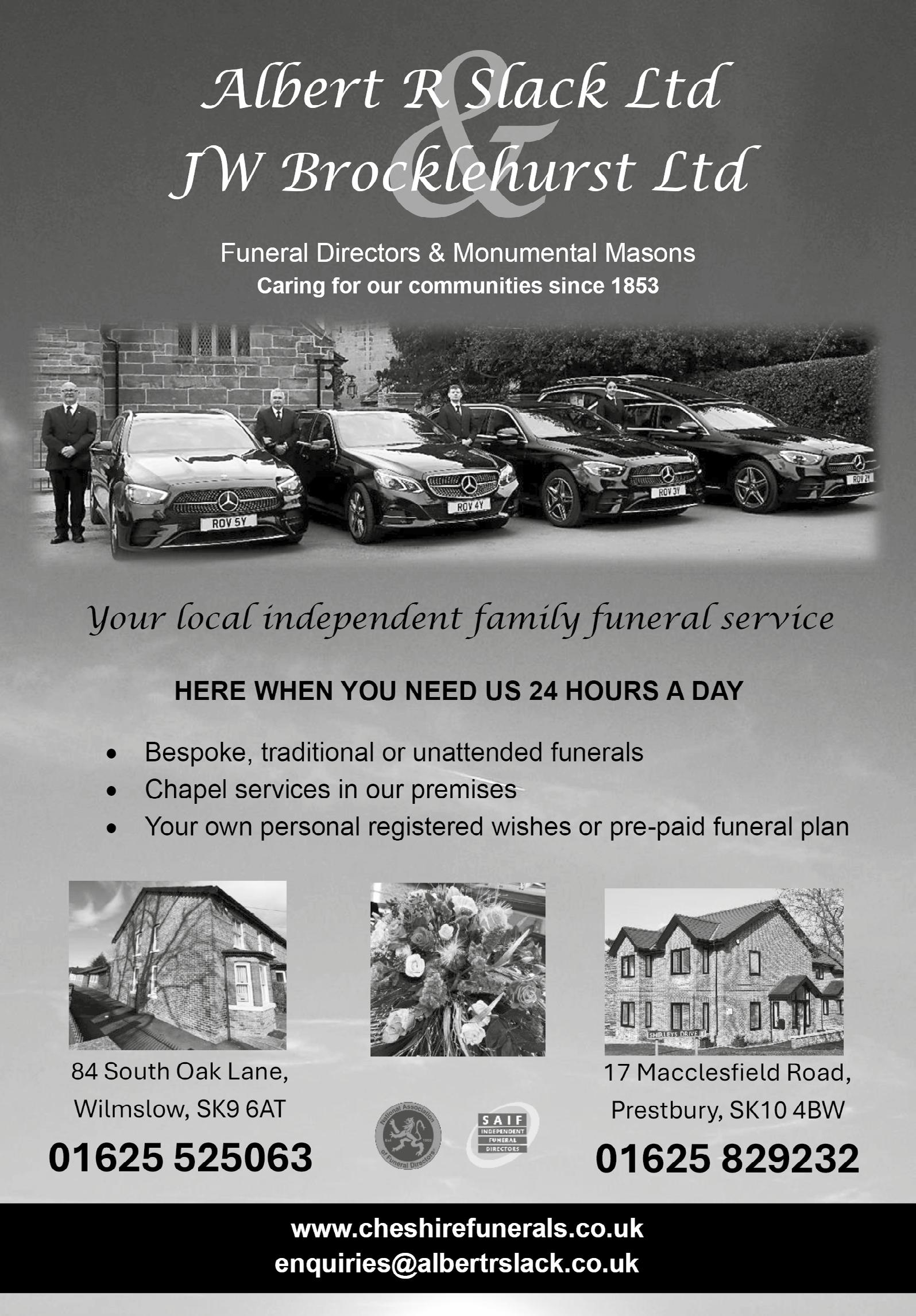

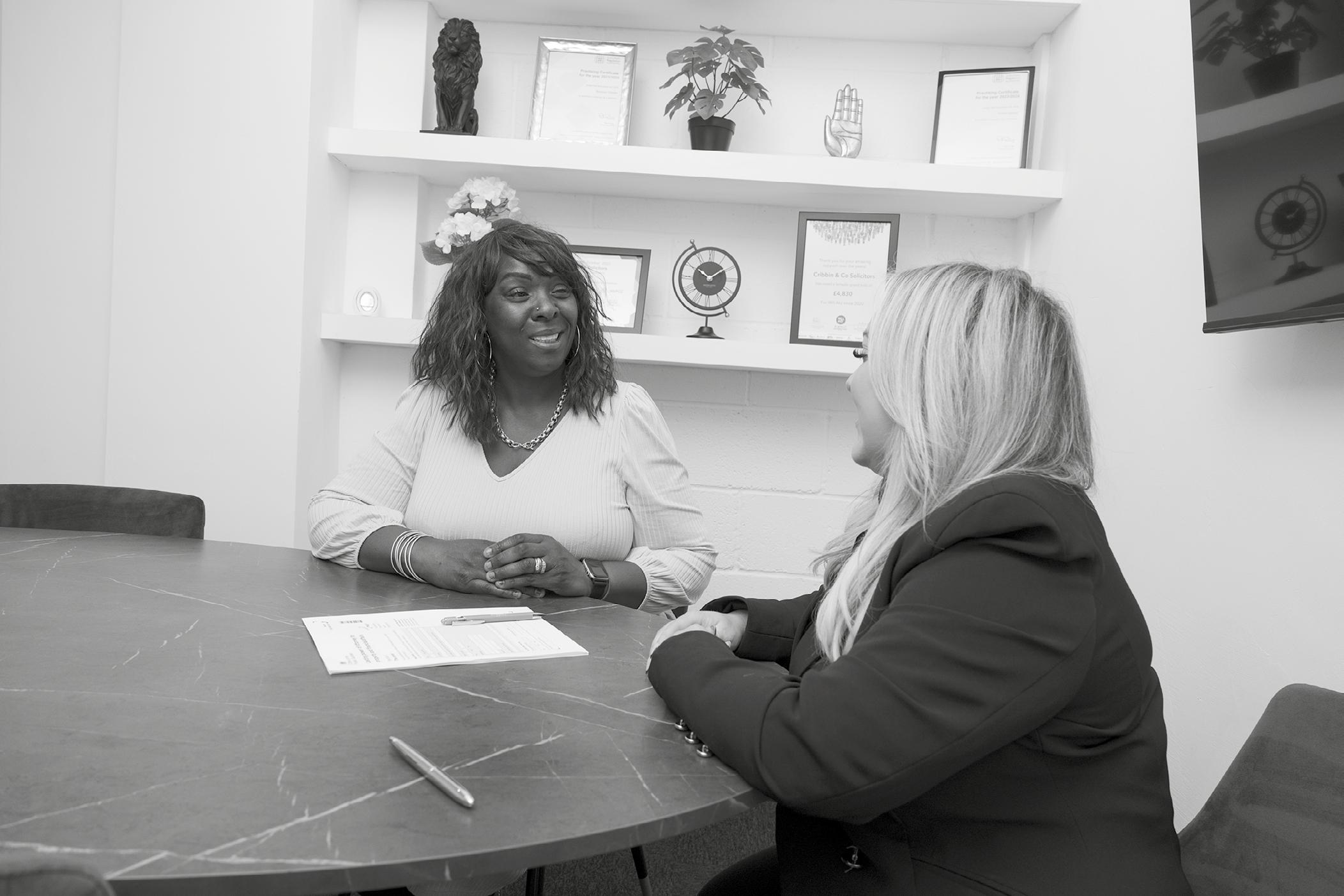



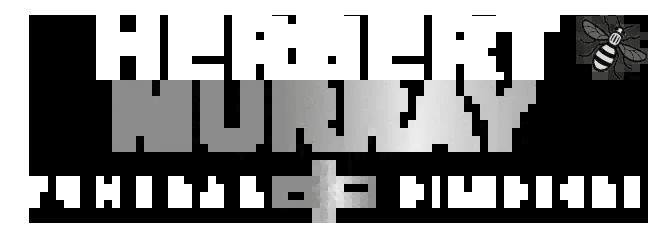
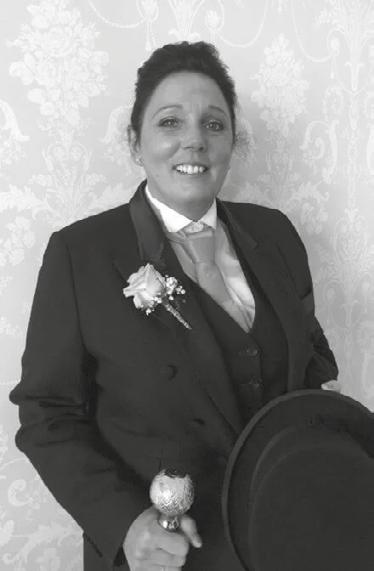
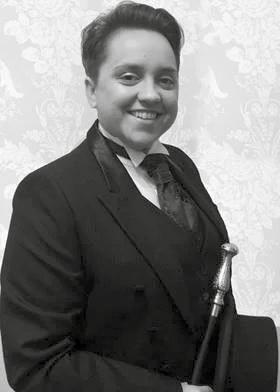



We understand how expensive funerals can be and we specialise in providing a valued service.
In recent years families have increasingly chosen more straightforward options. We can connect you with a local partner who can o er a simple and digni ed cremation from £990.00, as well as more traditional funerals where we can add personal touches to re ect your wishes.
To discuss how we can provide a discreet and caring service for your loved one and con rm a xed price:
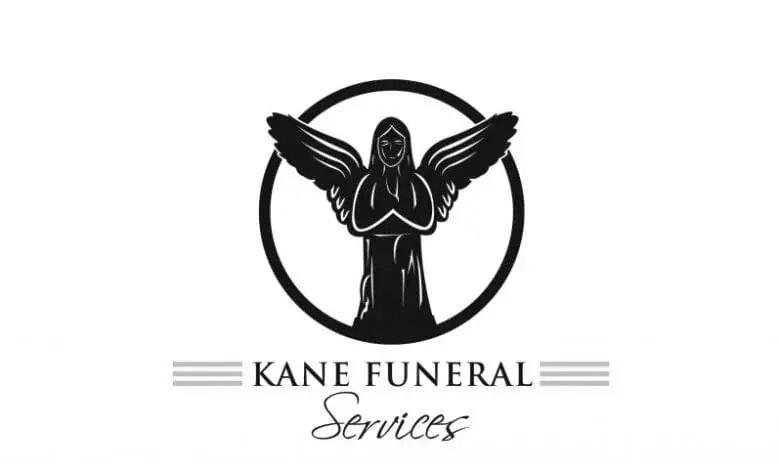
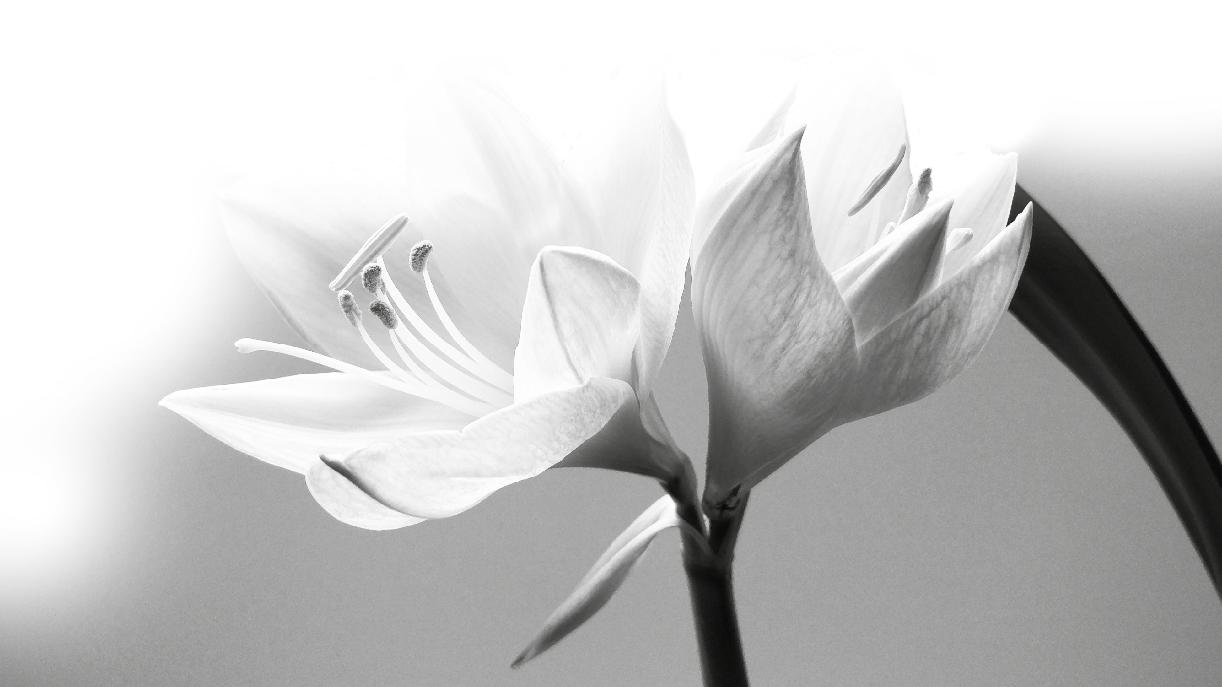
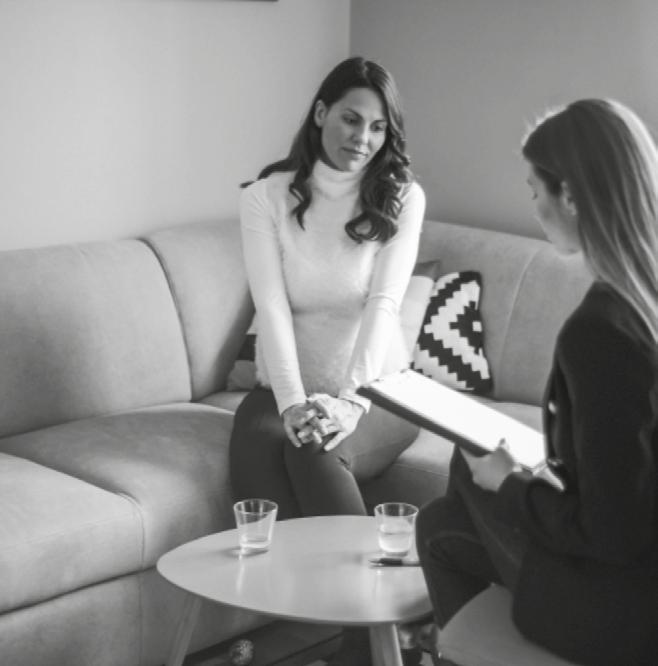
Arthur Gresty Funeral Homes

We are
to support and guide you, we offer a friendly and professional service to families. Call us for immediate support, advice or to arrange a home visit.
We are here to help 24 hours a day.
• Private Chapel of Rest
• Prepaid Funeral Plans
• Bereavement Support
• International Repatriation
• Memorial Masonry
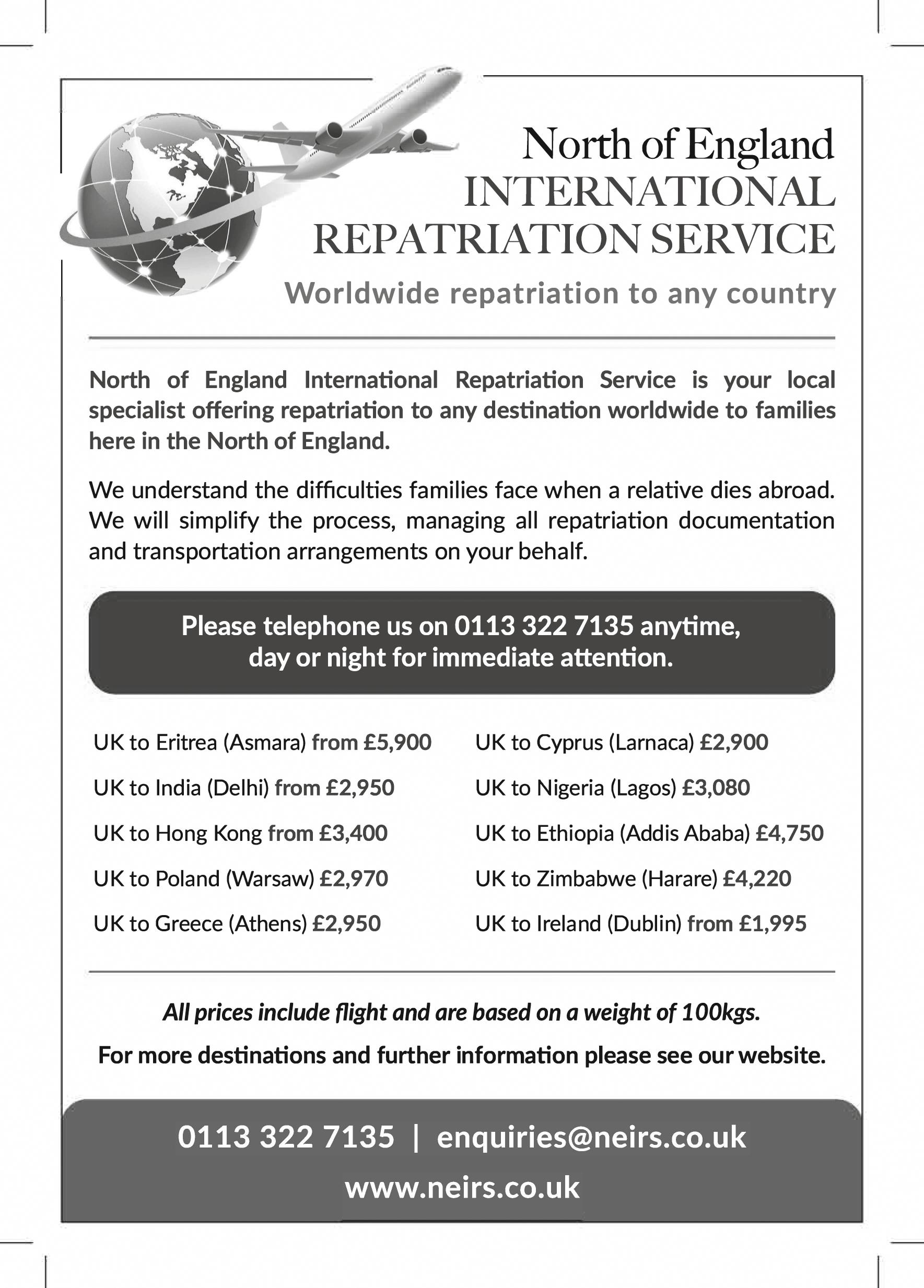
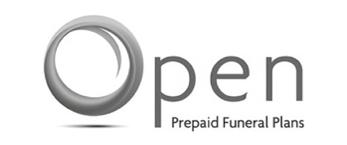
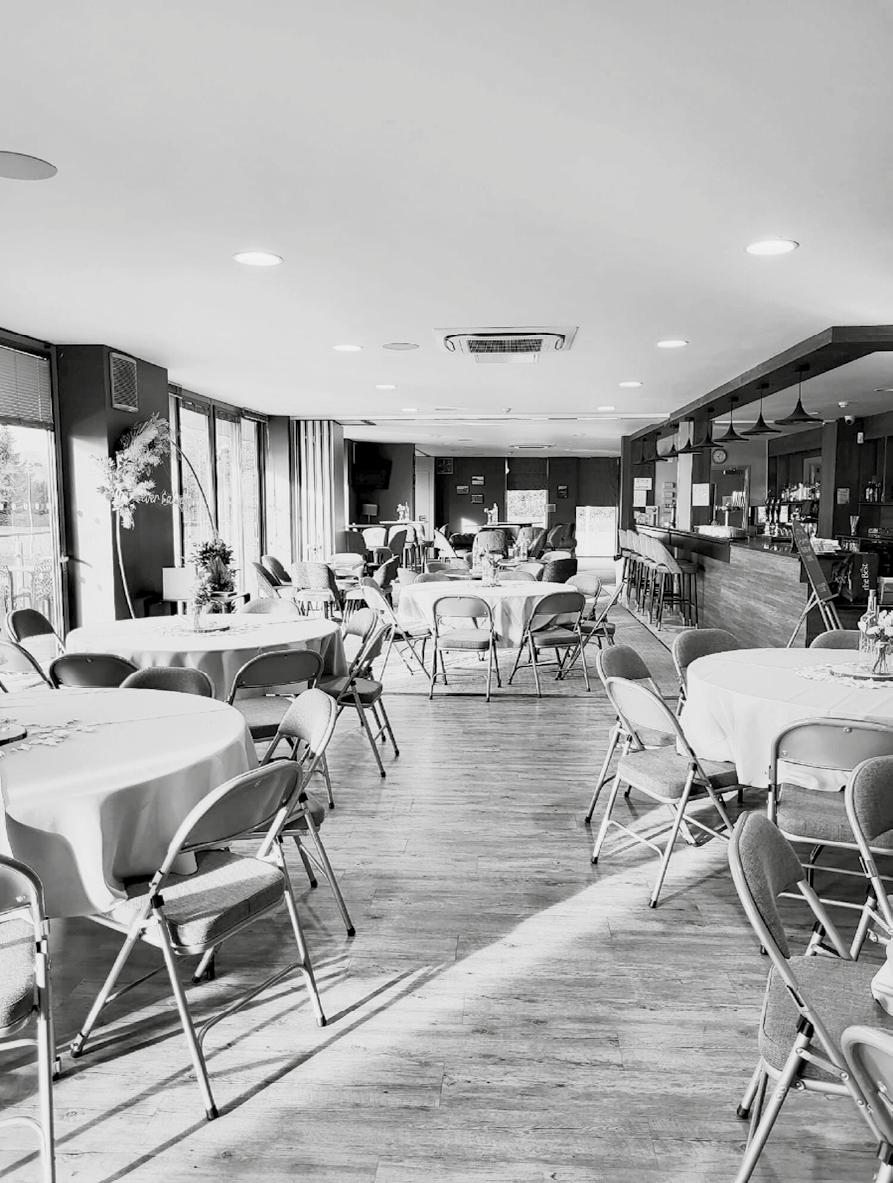

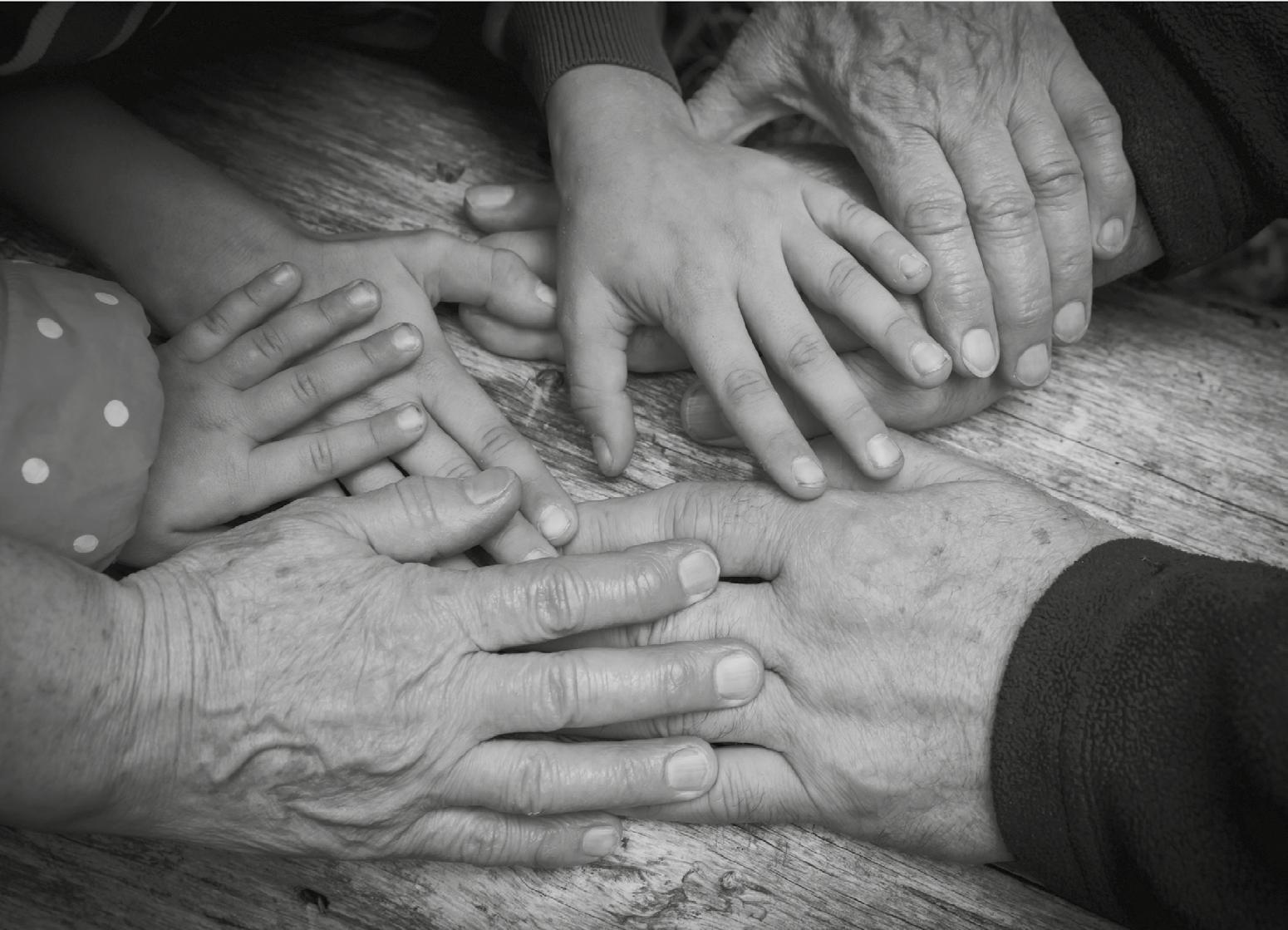

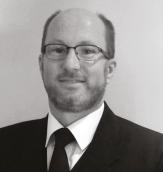






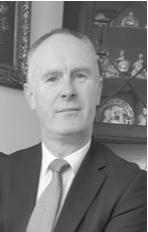
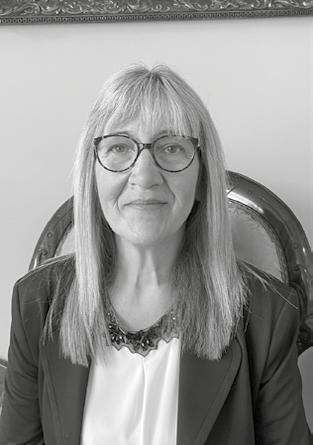
MEANINGFUL FUNERALS FOR
NON-RELIGIOUS PEOPLE
If your loved one wasn’t religious, a humanist funeral is an authentic and memorable way to celebrate their unique life.
Our funerals are personal and heartfelt non-religious ceremonies, led by a professional, trusted humanist celebrant.
Find a humanist celebrant near you:
Registered Charity No. 285987 humanists.uk/ceremonies
